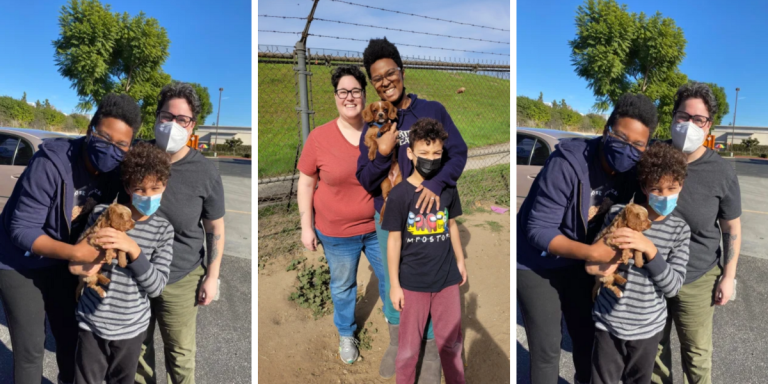Parenting & Family
All the resources you need for gay parenting, starting a family, raising kids, gender-neutral parenting, pregnancy, adoption and other related resources for LGBTQ people.
Become a Member
Become a Member to support queer journalism
What You Get:
Become a Member
Become a Member to support queer journalism










